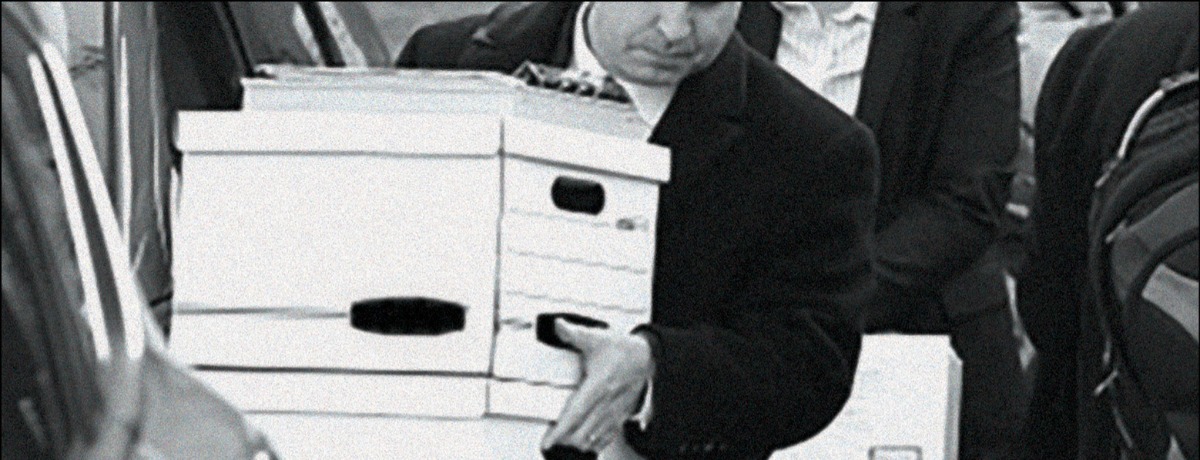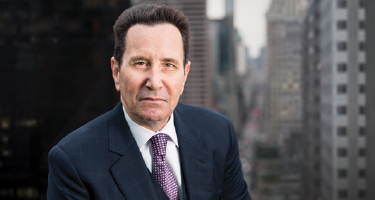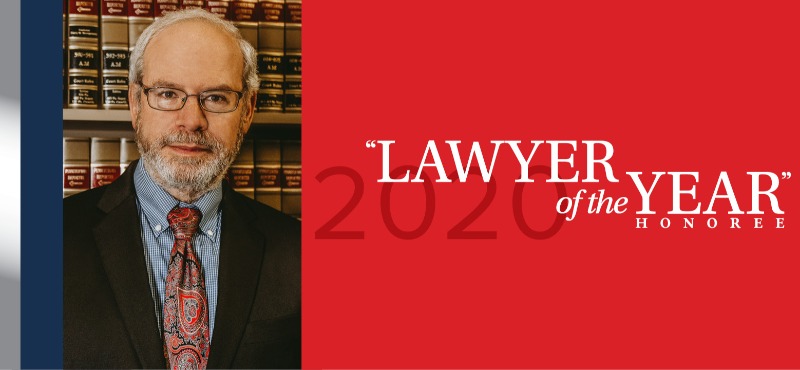The CEO of XYZ Corp., a regional construction company, comes to you after her office has been raided by a task force of law enforcement agents from the FBI, U.S. Department of Labor, U.S. Postal Inspection Service, and, of course, the IRS. The CEO candidly tells you the company has been engaging in what she describes as “light” tax fraud for several years to the tune of approximately $1.5 million, but felt the company was just exploiting loopholes in the federal tax code. Unfortunately, the United States government has a different perspective and XYZ and several senior executives are the targets of a federal investigation for which there is little to no foreseeable defense.
Following further confidential discussions with the CEO of this privately held corporation, you discover that, in addition to the light tax fraud, company executives have engaged in what appears to be a sophisticated bribery scheme involving several elected and appointed officials both in the United States and in two small island countries in the Caribbean. Some of the funds paid to the officials, who approved the contracts at issue, were in cash, but most of the money was “parked” in offshore bank accounts. In addition, XYZ has numerous employees with questionable immigration status on its payroll who are paid in cash or as W-2 employees using suspect Social Security numbers and visas. You have identified numerous serious federal violations being investigated by at least four federal law enforcement agencies, the local United States Attorneys Office, and the Tax Division of the Department of Justice.
With the oppressive “advisory” but nonbinding federal sentencing guidelines looming, the CEO asks you if there is any chance that the principals of the company can avoid charges by taking the hit and paying a significant fine. Further, the CEO asks what are the potential alternative resolutions to the investigation.
The proverbial deck is completely stacked against you. The government, having seized XYZ’s computers, has all of its accounting, banking, and other financial records going back several years. Your cursory review of the company’s records shows that the evidence of fraud is obvious and abundant. In short: Things are not looking good for XYZ, its CEO, and senior executives.
As the recently retained criminal defense lawyer for the company and its CEO, what do you do?1 More importantly, what can you do to get your client the best possible result? What are your options in dealing with the local United States Attorneys Office and the Department of Justice Tax Division lawyer?
Negotiating a Stacked Deck
In cases such as this, where the facts are terrible and the case law is worse, an attorney—even a skilled one—is frequently left with limited arrows in their quiver: bluff, bluster, badger, beg, and barrister. Bluffing, blustering, and badgering rarely work, but begging may. In the end, however, it is often the barrister, not afraid to announce “ready” at the calendar call, who just may get the desired result.
Criminal defense attorneys are frequently viewed as the “equalizer” in the plea-bargaining process. The often romanticized role of the criminal defense attorney—that “of a sophisticated master-of-the-system whose only job is to be on the defendant’s side” —conjures images of the valiant champion willing to fight the government to the bitter end on every minuscule issue to exonerate their client. Unfortunately, clients, especially business people, confuse this romantic imagery with the reality of the American criminal justice system, especially in federal court.
In actuality, more often than not, a criminal defense attorney’s best and only negotiating tool may be good old-fashioned, hat-in-hand begging. “Although the image of the advocate going hat in hand to beg for mercy for one’s client may be far-removed from the romanticized view of the criminal defense lawyer depicted in the movies, on television and in print, it is all too familiar to those who have represented many criminal defendants.”
When representing those charged with serious criminal conduct, the zealous advocate must be prepared to set personal pride aside, roll up their sleeves, and do the work others are not willing to do, particularly in cases where the client is less than sympathetic and/or the prosecutor is unreasonably hardheaded and has a virtually unassailable case.
That is not to say that the criminal defense attorney should just roll over and permit the government to steamroll the plea-bargaining process—in fact, just the opposite. It is imperative that the attorney fully investigate all aspects of the case, even where the facts appear overwhelmingly harmful, the law adverse, or the client expresses an early desire to plead guilty to the “best deal.” As we know, the “devil is in the details.” The innovative and creative attorney just may uncover a fact or detail from which they can bluff, bluster, or badger the government into reconsidering its position, thus having a significant effect on the negotiating dynamics or, at the very least, provide the prosecution team with a reasonable, arguable basis to request a more defense-friendly plea offer from their supervisor.
Indeed, legal scholars generally agree that, in most cases, criminal defense attorneys should adopt a competitive negotiation strategy early on in the litigation, before transitioning to a more cooperative approach as the negotiations continue. Of course, the specific circumstances of any given case may require modifying one’s initial strategy. And although pleading for mercy is rarely the desired route, sometimes that is the only arrow left before putting on the barrister’s robe and wig and demanding the case be set for trial.
"The zealous advocate must be prepared to set personal pride aside, roll up their sleeves and do the work others are not willing to do."
Weighing the Odds
The harsh reality, however, is the government prevails in well over 95 percent of all cases investigated in which formal charges are filed (either by way of a pre-plea information or post-indictment plea, or trial). Frequently (but not always), the closer to trial without a formal resolution, the more likely the proposed plea offer will be better than the first one presented. Barristers like to think that their personal reputations and trial skills come into play when the real and impending specter of a jury trial enters the mix. Whether accurate or not, just as we ask “Who is the prosecutor?” and “Who is the judge?” so, too, the responsible prosecution team always assesses who is defending the case: a schmoozer or a trial warrior? Who knows? Maybe there is some real benefit in announcing (and being) ready—if not, you can always go back to hat in hand, but this time with a tin cup in the other.
With a little luck, a lot of hard work, and some creative negotiating, the government just may take a pass on the imperiled XYZ Corp. and its board members or, at the least, offer some reasonable concessions such as agreeing to a last-minute corporate plea instead of charging the principals. With a great deal of luck, the government may even offer the CEO and senior executives a plea to a lesser offense (as rare as they are in the federal criminal code) or lower guidelines (though the judge is not bound by anyone’s federal sentencing guideline recommendations or calculations) thereby significantly reducing the likely sentence. Worst-case scenario, there is always the option of taking the case to trial—should the clients not approve of the final plea offer. Sometimes (not often), even if convicted, the court may impose a sentence less than the government’s best plea offer, especially where the trial evidence and counts of conviction tell a different story than the one spun by the prosecutors in the factual proffer in support of the proposed plea.
Contributing Authors: Brian Bieber, and Andrew Sarangoulis
Joel Hirschhorn is a shareholder at GrayRobinson, focusing on the criminal and civil white-collar defense of corporations and business executives, as well as elected public officials and private individuals accused of alleged criminal misconduct. His practice covers a wide range of areas, including commercial fraud, mortgage and banking, health care fraud, tax fraud, and money laundering.
Brian Bieber is a shareholder at GrayRobinson, engaging in criminal and civil white collar defense litigation (both high profile and extremely confidential) for corporate executives, prominent clients, ordinary citizens, as well as small, midsized and major multimillion-dollar businesses, in all federal and state courts at the trial and appellate levels.
Andrew Sarangoulis is an associate at GrayRobinson, focusing his practice on criminal and white-collar defense, as well as complex civil domestic and international matters.






















